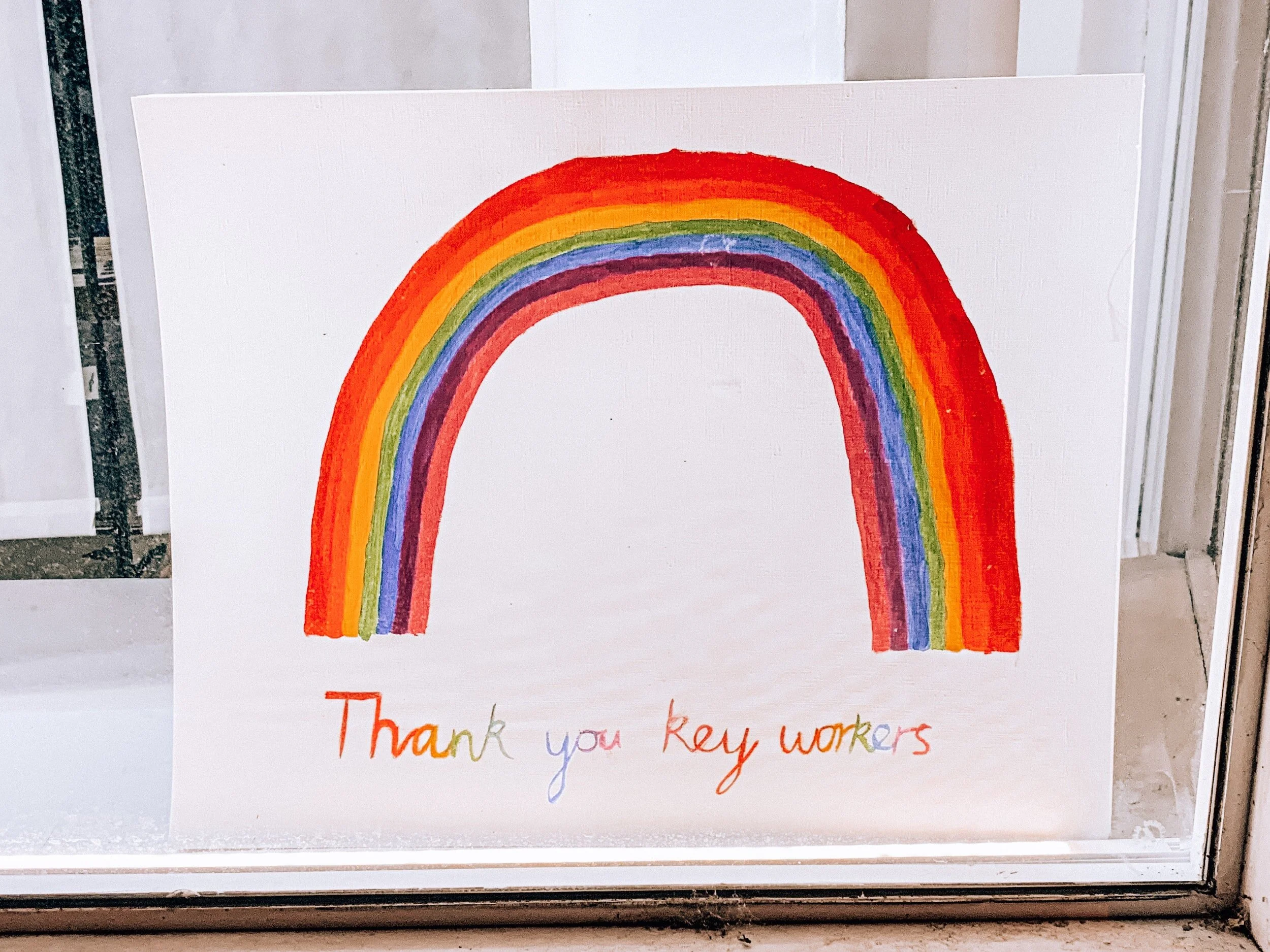Maximise Your Chances of Getting Your First Job in Mental Health
Last year, I realised just how difficult it really was to get your foot on the job ladder within the field of mental health. Despite understaffing being a huge issue in many related areas e.g. social care, it almost seemed as if there was always someone that was just that bit more qualified than I was. This often led to just missing out on jobs. I was stuck in a cycle of being unable to get experience because I had no experience.
Following many job applications, the vast majority from which I heard very little, I received one interview offer and I successfully secured that support worker position. I’ve been able to do this job part-time alongside my psychology degree and I believe it has been invaluable in terms of experience. I appreciate how lucky I am to hold this role so early on in my mental health career journey.
I will now talk about some tips and tricks which I think were the most important in helping me to get my first job within the mental health field.
Think outside of the NHS…
There are so many companies outside of the NHS that need support workers, healthcare assistants etc. If you look on job websites such as Indeed or Reed, there are lots of care companies advertising for staff to work in care. This could be a great opportunity to gain some experience, particularly with the care sector suffering from an unprecedented crisis in staff shortages at the moment.
Tailor your CV
Even without tonnes of relevant experience, it doesn’t stop you from formatting your CV well! Keep it clear and concise. Describe any previous jobs/volunteering experience and make sure the grammar and spelling of the entire document is perfect! Perhaps ask a friend or family member if they’d be willing to give it a quick glance over - I know how hard it is to spot mistakes after reading the same document a million times over. I would also highly recommend writing a cover letter for each job you apply to, it shows that you have made the extra effort (and may even stand you in better stead compared to other candidates that haven’t bothered to do one).
Get involved
Whilst searching for that all-important job, what’s stopping you from adding more things to your CV? Getting involved with mental health charities (my volunteering is genuinely the highlight of my week) or helping with research projects at university can be a great way to learn. Internships can be brilliant too. Even activities such as playing a sport can be used as an example of demonstrating that you have transferable skills, such as teamwork or time management. Being able to confidently talk about how the skills you have apply to different areas of life is vital when applying to any form of job, especially when you don’t have the most relevant experience. But don’t fear, everyone has to start from somewhere!
A positive attitude goes a long way
When looking back, I truly think that the most important lesson I learnt from applying to jobs was to try to maintain a positive attitude as best as I could. Showing enthusiasm and positivity during job applications is only going to help you find success. Additionally, applying to jobs is unbelievably stressful at times, and it can sometimes feel like your confidence has been knocked when receiving rejection after rejection. Self-care is so important, so find that time to have a bit of a breathe and relax before trying again. Whilst it is really good if you can look on past applications and learn how you can improve on the next ones, don’t feel pressure to rush into doing that immediately. There is time.

